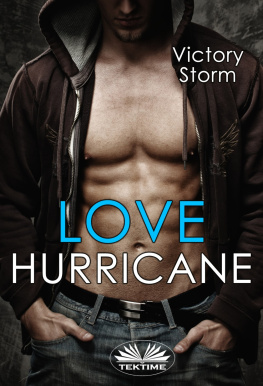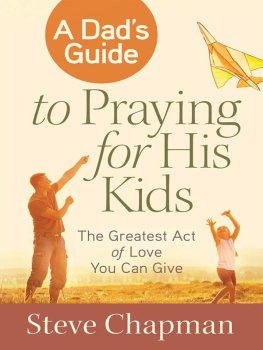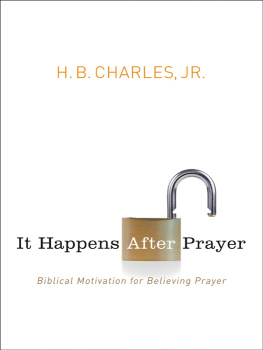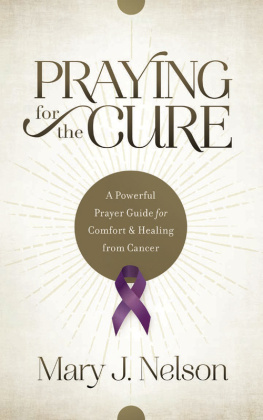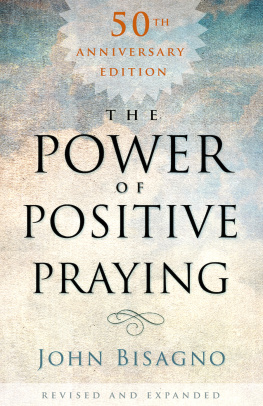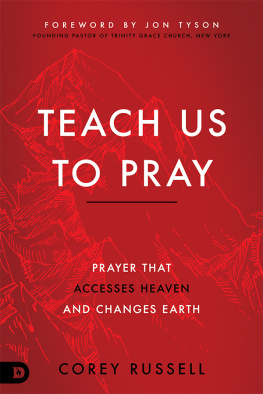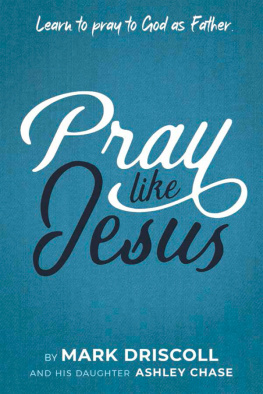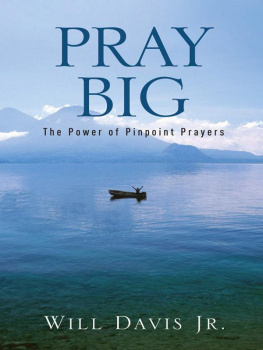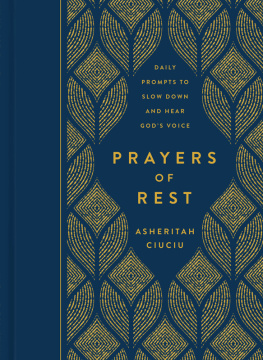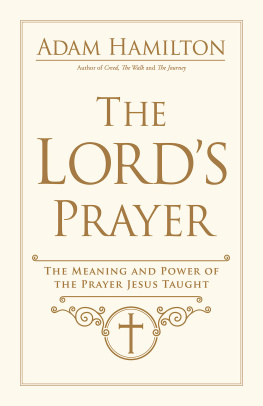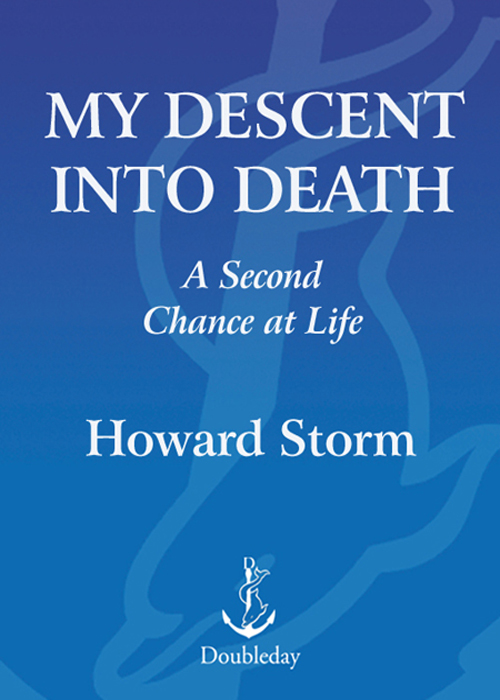
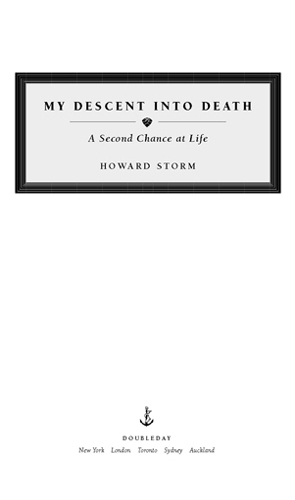
___________
CONTENTS
___________
FOREWORD
F rom the moment I glimpsed Howard Storm on television I knew he was extraordinary even among the Near-Deathers, those unique individuals who, as the result of medical catastrophe, have been to the Other Side. Yes, he'd seen the Light they all talk about; yes, he'd experienced the personal life review so many mention; yes, he'd experienced the warmth and love of a higher being. But there was infinitely more to it for this manas if that hadn't been enough. And he'd returned from death to alter the entire course of his life.
A career as an artist and teacher of art had been left behind for the Christian ministry, and it was obvious that Howard Storm's compulsion to talk about what had happened to him was ongoing. He was driven the way the saints of old were driven. He had been thrown down on the road to Damascus, and in each subsequent television appearance in which I saw himand there were manyhe appeared to be in the process of climbing to his feet from that Fall, struggling to testify to the momentous implications of what he'd seen. I wanted to find him, know him, beg him for more details. Only a deep inveterate respect for his privacy kept me from seeking him out.
When I finally discovered that he could and would write about his experiences, I was desperate for the material. And my expectations have been overwhelmingly surpassed. This book you have in hand is his most complete testimony to date. The story is beyond remarkable. Hell and Heaven are realized in these pages. The Lord Himself and His Angels are encountered. Storm sees the Universe beyond Time. Sure, others have told this story. That's the way it works. There are witnesses in all times and in many different places. Storm is a vital and enduring witness for here and for now. With a rare combination of sophistication and humility, Storm is able to lead us into a place of harrowing darkness and through his delivery from it by means of a simple if not primitive prayer. A realm of beatific light is revealed in all its splendor, and we are taken with Storm beyond time and doubt and care to the very secrets of the universe before the inevitable and painful return.
Make no mistake: this man's a mystic. This is a book that fulfills a calling. This is a book you devour from cover to cover, and pass on to others. This is a book you will quote in your daily conversation. Storm was meant to write it and we were meant to read it. Each Near-Death Experience changes the one who survives it. That one inevitably touches countless others. Storm's vocation is that he is meant to touch a great multitude; the loaves and fishes given to him will feed thousands if not hundreds of thousands. Such is his gift, and the gift to us.
Anne Rice
New Orleans
January 2005
1
___________
PARIS
P aris, the City of Light. What could possibly go wrong in the heart of the civilized world? This was to be the next to last day of our art tour of Europe. Saturday morning began with a visit to Eugne Delacroix's home and studio. The studio contained Delacroix's palette, his easel, the chair he sat in, and his writing desk. Just my wife Beverly and I went to his studio because everyone else in the group wanted to sleep late, as they were getting pretty tired of being dragged around museums and galleries from morning till night. We arrived at the Delacroix Museum at nine, and just before eleven o'clock we returned to our hotel room to get our little group ready to go to the Georges Pompidou Center of Modern Art. This was to be one of the high points of the tour of Europe.
Back in the hotel room there was a feeling of nausea rising up inside me. A few times on our trip I had had indigestion and taken some over-the-counter antacid and aspirin tablets, which always alleviated the discomfort. Now I took two aspirin and washed them down with some stale Coke from the evening before and continued talking to one of the students, trying to ignore the growing discomfort in my stomach.
As I was talking to my student Monica about the day's plan, I felt as though I'd been shot. There was a searing pain in the middle of my stomach. My knees collapsed and I sank to the floor. I held my gut and screamed with pain. Something terrifying was happening inside me, and I didn't know what it was. I was surprised that there was no wound on the outside of my body. In fact, there had been no sound, and as I glanced about, there was no way a bullet could have entered the room. I looked up at the windows that opened onto the balcony. Morning sunlight was streaming through the closed glass of the balcony doors, filtered through the sheer curtains. There was no broken glass where I expected to see a bullet hole in the window, no ripped hole in the pristine curtain. There was only a wound deep inside my abdomen.
The pain was drowning me, like I was sinking into a lava pool of agony. As I thrashed about on the floor in desperate confusion, I searched feverishly for some explanation of what was happening to me. One minute I was talking with Monica about our upcoming museum visit and the next I was writhing on the floor, consumed with pain. I had collapsed at the foot of the bed but had wriggled my way into the narrow space between the wall and the bed. In terror, I struggled into a space where I would be safely wedged into a fetal position. Constricted between the bed and the wall, I struggled to control my rising panic. By screaming and groaning, I knew I was adding to my predicament and making it impossible for my wife to understand what was happening to me.
I screamed for my wife Beverly to get a doctor. She was numb with shock. I cursed at her when she didn't respond. She composed herself enough to call the hotel desk and was told that a doctor would be summoned immediately. From the floor I looked up at the full-length windows in the French doors to the balcony. Through the transparent white curtains, light was flooding into the little hotel room, and outside the sky was a brilliant cerulean blue. Somehow I felt reassured by the beauty of the day. Something was very wrong with me, but I took comfort in the fact that a doctor was on the way. This was Paris, the City of Light. I would be okay. As I waited, the pain kept getting worse. I tried to be stoic. I fought to control the gnawing terror.
In ten minutes the doctor arrived. He was slightly built and in his early thirties. I could resist only feebly as he struggled to pull me up onto the bed. He asked me what had happened as he opened the buttons of my shirt to examine my stomach. His probing fingers on my abdomen aggravated the pain. I fought against him. He said I had a perforation in my duodenum. I must go to a hospital right away.
Will I need an operation? I asked.
Yes, immediately, he said. He phoned for an ambulance and then gave me a small amount of morphine by injection. The intense agony began to subside. He explained that the morphine was just enough to get me to the hospital, but wouldn't interfere with the anesthetic of the surgery that I would be having very soon.
It became possible to think more clearly. The hospital stay would be most inconvenient. Tomorrow my wife and I with the students on the tour were supposed to drive to Amsterdam for the return flight to America. But things would work out. I could manage. I always had.
The two young men who arrived with the ambulance appeared to be very pleasant. They lifted me from the bed and supported me on either side, carrying my weight on their shoulders. We went down the hall and into a tiny hotel elevator that took us down to the first floor. There was barely enough room for us in the little elevator as I was propped up between them. The elevator stopped at the first floor, one floor above the street. From there, a long, winding staircase led down to street level. The ambulance attendants found a straight-back chair from the hotel dining room and carried me down the stairs. The men were straining to keep me aloft and balanced. I teetered and tottered as they struggled to carry me. I kept murmuring, Please don't drop me. They laid me on a gurney at the sidewalk and then slid me into the back of a little ambulance. For a moment I panicked because I was afraid we were going to leave without my wife. To my great relief, I saw Beverly climb in the front seat beside the driver. The ambulance careened wildly through the Paris streets with its distinctive siren clearing a path through heavy midday traffic. I was reminded of scenes from World War II movies by the siren's sound, wailing mournfully through the congested streets of Paris.
Next page

